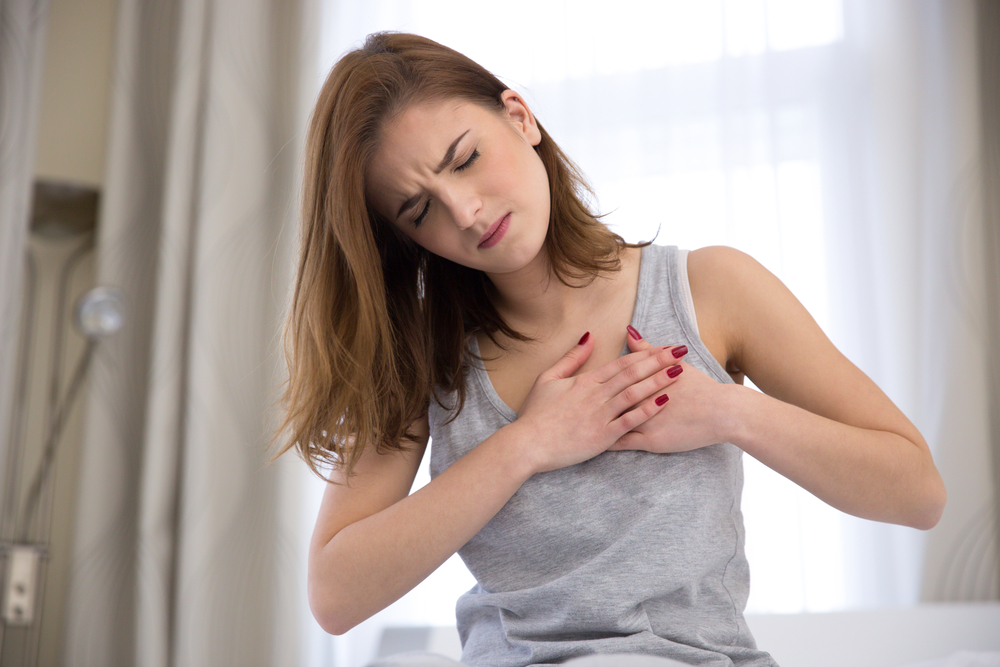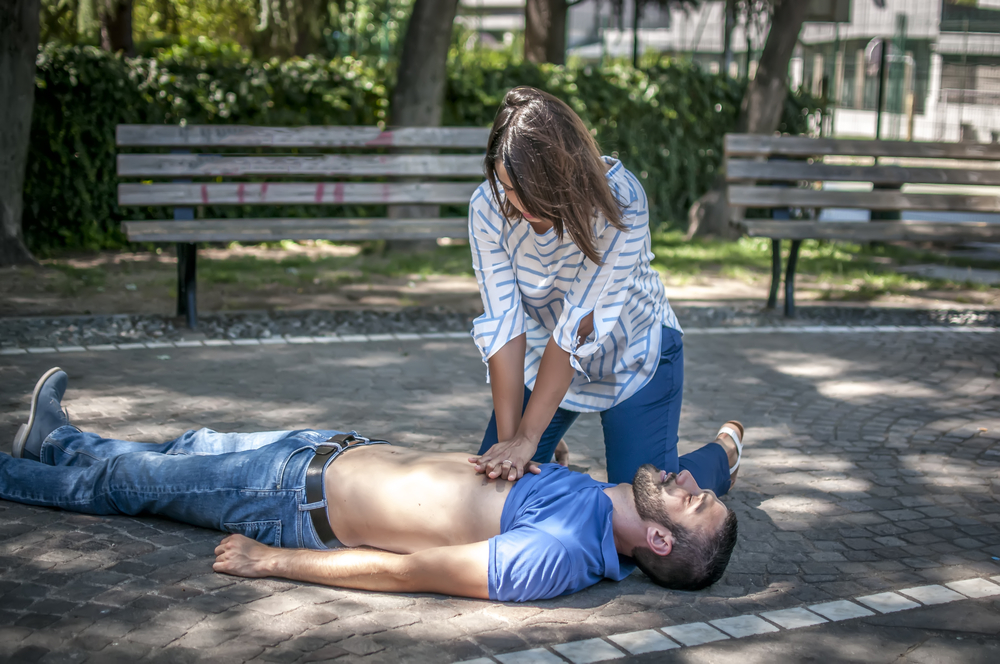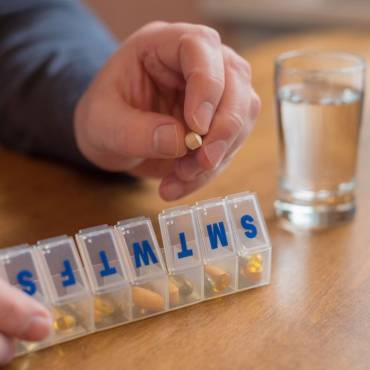Having a heart attack can be the most frightening thing for you, your family, or close friends who may have gone through with it. Many people survive heart attacks and live an active life. This is possible if you get immediate medical attention, treatment can limit damage to your heart and its surrounding muscles. The lesser the heart damage, the more your chances of improvement and you expect a better quality of life after a heart attack.
Heart attack causes and its symptoms
A heart attack happens when there is a shortage of blood to the heart due to blockage in coronary arteries. Once the artery was blocked, the blood supply stopped, and your heart could not get enough oxygen and blood to function. This result in pain and discomforts you felt during a heart attack. The amount of damage to your heart muscles depends on where the blood supply was blocked.

Also Read: 7 Foods You Think Are Healthy But Are Not
You have had some of these heart attack symptoms:
- Chest discomfort or pain- people describe chest discomfort or pain like pressure, squeezing, or heaviness. While some describe as a crushing feeling, tightness, or wrapped a band around the chest. Others describe a burning sensation or a heartburn. This pain may travel to the shoulder, neck, arms, back, or even jaw.
- Breathlessness
- Upset stomach
- Hot or cold sweats
- Burning sensation in the stomach
- Weakness or fainting
If you develop any of these problems while in the hospital, inform your health care specialist straight away.
Your health after a heart attack
Many things can give rise to a risk of heart attack, and fortunately, you can control most of these things by making simple lifestyle changes. By making such changes in the daily routine and opting better treatment options, more people are surviving and living an active life after a heart attack. Read below to know how you can get one of them.
Follow the recovery plan
While you are in the hospital, your health care specialist will make a plan to help you recover. You play a significant role in making this plan successful. Ensure that you have all the information that you need to improve your health.
Attend cardiac rehabilitation
Cardiac rehabilitation offered you to help you recover after a heart attack. This program will help you learn how to make changes in your way of living to improve your overall health and reduce the chances of having future attacks. You may ask your health care specialist about finding a program after you leave the hospital.
Take medications
Your health care specialist may prescribe medications to treat and improve your heart condition. Such medications improve the blood supply, maintain a sound heart rhythm, and improves the pumping of the heart. These medications recommended for heart attack treatment works by:
- Relaxing your heart vessels
- Slowing your heart rate
- Controlling irregularity of rapid heartbeats
- Decreasing cholesterol levels
- Reducing the workload of the heart
- Preventing blood clots
- Removing excess water from your body
Exercise regularly
To regain the stamina and strength that you lost because of a heart attack, it is important to do exercise every day. Establish an exercise program and follow it on a regular basis. Involve cycling, walking and swimming in your routine. Such physical activity will help you increase muscle strength, lowers blood pressure, controls blood glucose levels, reduces stress, raise good cholesterol, and help you lose weight. Avoid intense workouts. Be consistent to have long lasting benefits.
Don’t smoke
Smoking increases risks of a second heart attack or other heart-related issues. The first thing that you need to do after surviving a heart attack is stop smoking. If you find difficulty in quitting smoking, then you may join programs and services that may help you stop smoking.
Also Read: Healthy foods for healthy heart
Eat a healthy diet
Once you come back after a heart attack, it is necessary that you limit your fat, sodium, and cholesterol intake. Eat plenty of green vegetables and fruits. Your health care specialist may help you provide a heart attack diet.
One of the heart attack effects is that you may feel lazy or feel like staying in bed. Be sure to get up in the morning dressed up each day to feel fresh and active.



